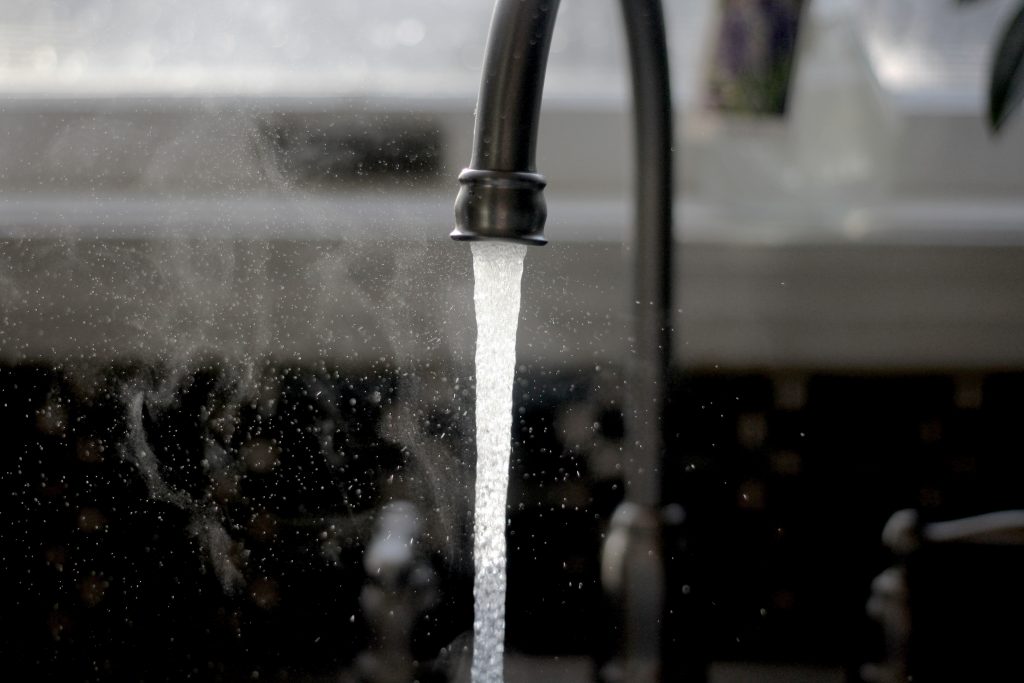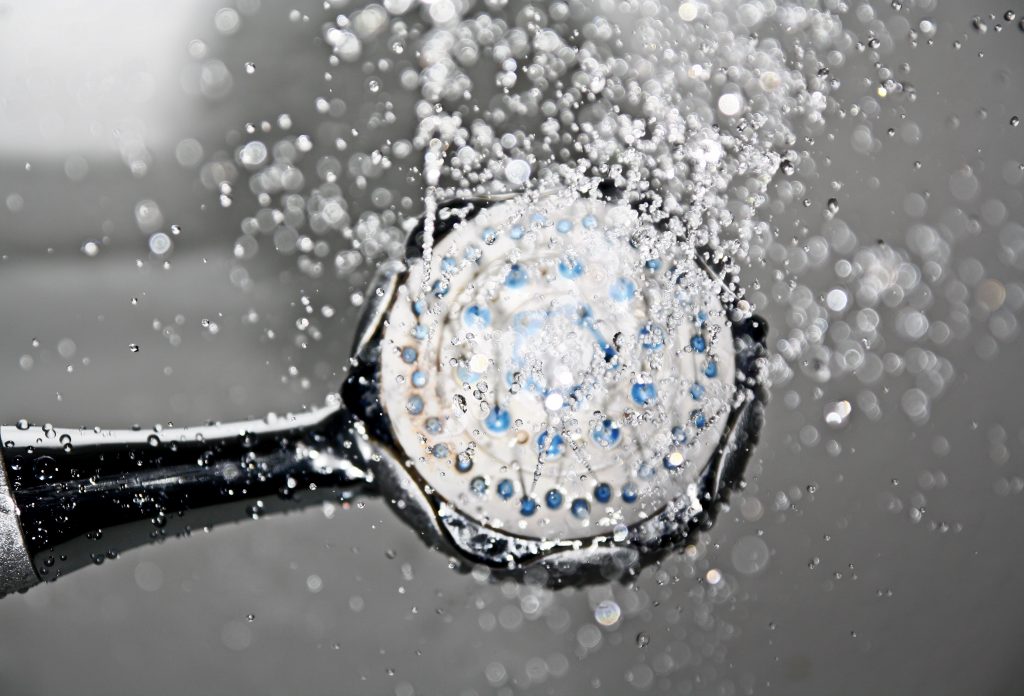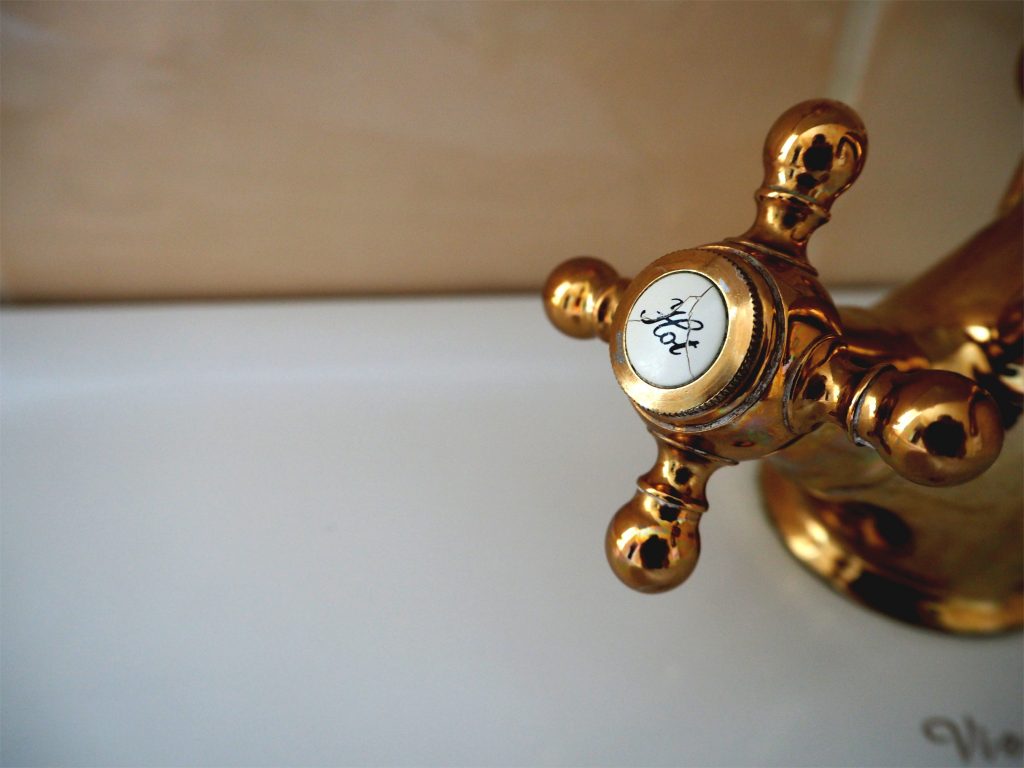Building your own home? There are so many choices to make – but deciding on a hot water system doesn’t need to be a stressful one. Here’s our quick guide on choosing the best hot water service for your home.
 By installing the most appropriate and efficient hot water system in your home, you’ll greatly reduce your impact on the environment and save loads of money without compromising your lifestyle (or saying goodbye to hot showers!) It may even add value to your home. Winning!
By installing the most appropriate and efficient hot water system in your home, you’ll greatly reduce your impact on the environment and save loads of money without compromising your lifestyle (or saying goodbye to hot showers!) It may even add value to your home. Winning!
When choosing a hot water system, you’ll need to consider your household size, water use patterns and climate.
There are two main types of water heaters – storage systems and continuous flow (instantaneous) systems. Each system runs off either solar, natural gas, LPG or electricity.
First, let’s decide on whether a storage system or a continuous flow system would work best for you.
Storage systems
Storage Systems do exactly that – they store the hot water in an insulated tank until required. These systems operate on mains pressure (delivered at a similar pressure to cold water and stored at ground level inside or outside the home) or by a gravity-fed tank (delivered more slowly than cold water, via a tank located in the roof of the house). Heat loss can be substantial in storage systems and is something to consider. Storage systems are suitable for properties not connected to the mains.

Continuous Flow Systems
Continuous flow systems only heat the water when It’s required and therefore, don’t use a storage tank, cutting out any heat or energy loss. They can be installed internally or externally, depending on ventilation. A huge advantage of continuous flow systems is that they never run out of hot water and they often allow owners to control water temperature limits, making them perfect for families with young children or those with elderly people who may be more susceptible to hot water burns and scalds.
Let’s consider how your hot water system will be powered.
LPG Systems
LPG systems are quite expensive to run but if you don’t use much hot water, or if your dishwasher and washing machine heats the water themselves, this may not have much impact on you. LPG powered systems are great for small households.
Solar Systems
Solar systems are mounted on the roof and absorb energy from the sun, heating water which then flows to a storage tank, providing up to 90% of your hot water for free – and minus the greenhouse gas emissions! While they can cost more to purchase and install than other systems, the cost-saving, in the long run, is incomparable. Solar hot water systems also last longer than other varieties and add value to your home. Solar-powered systems are suitable for anyone wanting to cut greenhouse emissions and who are willing to make a short-term investment for long-term gain.

Electric systems
Electric systems are currently being fazed out, due to their enormous greenhouse gas emissions, so steer clear of these models.
Natural Gas Systems
Natural gas systems are much more environmentally friendly than their electric cousins because natural gas burns more efficiently than the coal burnt to create electricity, but they still contribute significantly to greenhouse gases. Nevertheless, they do have quicker heating times and use smaller tanks, which helps save energy. They may lose heat more quickly though, due to a lack of insulation. Natural gas-powered systems are suitable for households which are connected to the natural gas system, and who use a lot of water on a regular basis.
Still unsure which way to go? Installing the best system for your home will have a huge impact on the long-term sustainability and economy of your property.
Call us today to discuss your options and to learn more about how we can help you have a smooth, environmentally friendly and cost-effective owner-build experience.

